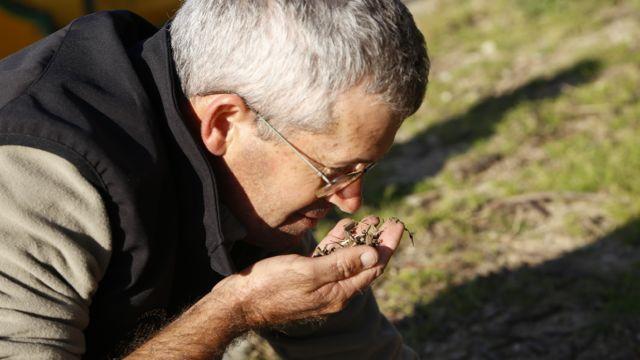
By Seda Kojoyan
Sustainability matters. And if you happen to be in the coffee business, it matters especially. In 2012, this market saw 40 percent of global production coming from sources that were certified or verified for sustainability. The latest State of Sustainability Initiatives Review confirms that “the landscape of sustainable coffee has been one of rapid transformation from a niche market to a fully recognized strategic business management tool,” according to the International Institute for Sustainable Development.
Yet many challenges along the way make the road to achieving sustainability a difficult one for businesses. They include increased production costs, a perceived conflict between environmental needs and the bottom line, and weak governance and infrastructure in producer countries.
Sustainable production usually comes with increasing costs of production. Multinationals wishing to introduce more environmentally friendly production materials and techniques into their supply chains are aware that this often means increased labor input and costs per unit of production. To offset these costs, the farmers would in turn expect larger financial returns. These can come in the form of premiums paid to the farmers for using sustainable practices and for crops of exceptional quality, as has been the strategy used for Nespresso’s AAA Sustainable Quality Program. In fact, the company is capitalizing on these premiums, since they make up 80 percent of its investment for sustainability.
The premiums pay around 30 to 40 percent above standard market prices for raw materials and 10 to 15 percent above coffees of similar quality. Yet according to one agronomist participating in the program, these premiums are not quite enough. Other means of assistance include sustainability grants, often provided by coffee growers’ associations, although they rely on unstable donor funding.
Prices also play a vital role here. Following the 2001 coffee price crisis, the International Coffee Organization, an intergovernmental organization whose membership includes most of the producer and importer countries, is preoccupying itself with creating favorable market solutions. It holds that sustainability schemes are largely at the mercy of the markets, and that “many specific projects and initiatives can often only be successful if market balance maintains prices at levels at which the cost of such initiatives can be absorbed.”
“Convincing farmers is the biggest challenge,” says Vinicius Scarpa, an agronomist who assists the AAA Sustainable Quality Program in his home country of Brazil. Farmers can be resistant to changing conventional farming practices in favor of more environmentally friendly ones. According to Scarpa, this is because farmers are particularly concerned that refusing to use chemicals that boost yield would translate into decreased sales and, consequently, less profit. Scarpa and his colleagues suggest that to improve negative attitudes, it is not only necessary to improve farmers’ education on sustainable methods and promote with them with a more long-term business strategy. Building trust between the agronomist and the farmer is also an essential component, ensuring that these interactions are fruitful.
Naturally, a broader socioeconomic climate in the countries where the farmers, their employees and dependents live and work is shaped by the government, citizens and civil society. The country’s existing structures, such as adequate employment laws or proper infrastructure, can have a significant impact on integration of sustainable processes. International businesses have subscribed to this view (acting, for instance, through the International Organisation of Employers) and have called for national governments to do their part to achieve fairer societies. A good illustration of this has been businesses’ engagement on human rights. Employers have exhibited strong preferences for the 2008 U.N. Commission on Human Rights’ framework, proposed by Harvard professor John Ruggie, which says that states have a duty to protect, while enterprises have a responsibility to respect, human rights. This kind of clear-cut division leaves no doubt about where employers think the primary responsibility lies.
National governments, on the other hand, are acting as advocates internationally, not only through various U.N. bodies but also through the International Coffee Organization. Of particular concern is the potential for low-prices crises in the face of very high supply, a condition that the ICO calls a threat to sustainable development.
All things considered, it is likely that further efforts to achieve sustainable goals within the coffee industry will require more funds, educational outreach and collaboration, and partnerships among the many stakeholders: farmers, communities, civil society, multinationals and national governments. One thing is certain: Neither the goals nor the challenges are to be taken lightly. Engaging in sustainability primarily means recognizing, in the words of Nespresso CEO Jean-Marc Duvoisin, that “sustainability has to be embedded in your business model.” It is time to embed.
Image caption: Antonio Marcio, a farmer from Brazil. Photo credit: Nespresso.
Seda Kojoyan is a reporter for Pro Journo and recent M.A. graduate from The Graduate Institute of International and Development Studies in Geneva, Switzerland.
This story is part of Pro Journo's coverage on “From Field to Pod: The Latest in Sustainable Coffee Production." You can read more from the series on projourno.org.
TriplePundit has published articles from over 1000 contributors. If you'd like to be a guest author, please get in touch!














